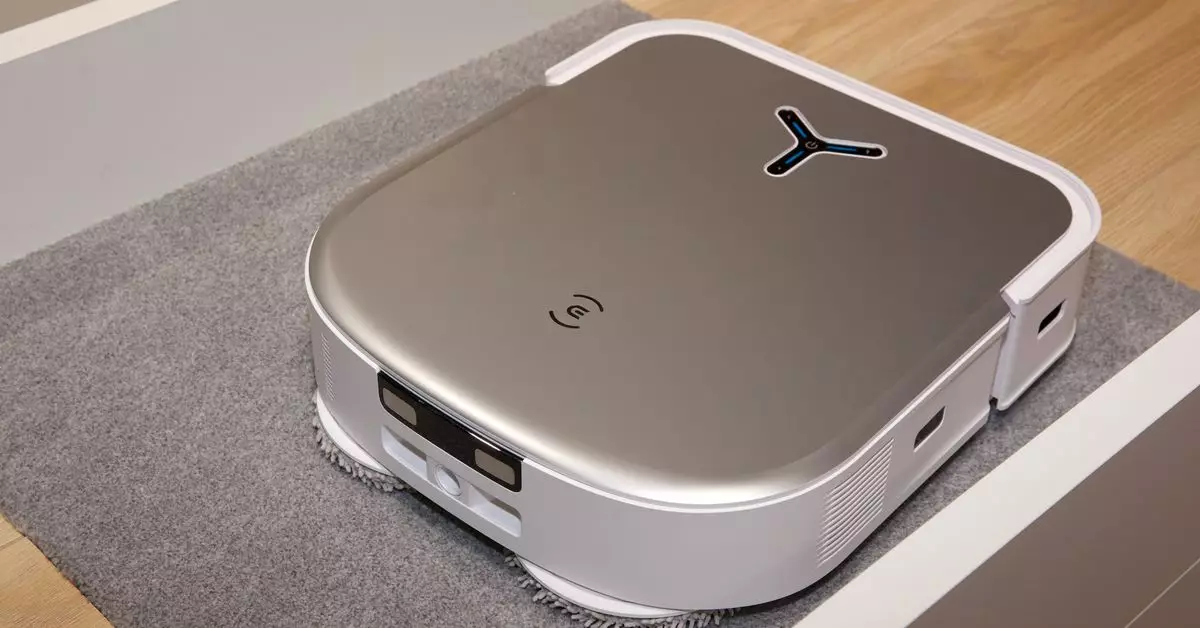In recent years, advancements in technology have led to the widespread adoption of smart home devices, including robotic vacuums that promise to enhance the convenience of everyday life. However, the recent incident involving the Ecovacs Deebot X2 serves as a stark reminder of the inherent vulnerabilities that come with such innovations. Reports from multiple U.S. cities indicate that hackers gained unauthorized access to these devices, exploiting security flaws to unleash chaos in the homes of unsuspecting users.
Numerous homeowners have recounted alarming experiences that raise serious concerns about privacy and safety in the digital age. One particularly distressing account comes from a Minnesota attorney who described a chilling moment when the normally harmless household robot emitted disconcerting noises resembling a malfunctioning radio. To the horror of his family, the situation escalated as the Deebot X2 unexpectedly began to recite racial slurs, presumably originating from the malicious intruder controlling it. Similar incidents have emerged from cities like El Paso and Los Angeles, with reports of the robotic vacuums being used to antagonize pets, creating an unsettling atmosphere of intimidation in what should be a safe space.
In the wake of these disturbing revelations, Ecovacs has stepped forward with an explanation. The company identified the incident as a “credential stuffing event,” indicating that unauthorized individuals may have used stolen login information from other platforms to access the devices. Ecovacs claims to have blocked the originating IP address and asserts that there is no evidence suggesting that usernames and passwords were compromised directly through their system. This incident raises significant questions about the reliability of password security, the effectiveness of the company’s security measures, and, ultimately, trust in smart home technology.
Researchers had previously highlighted vulnerabilities within the Deebot X2, revealing how they managed to bypass the PIN lock—an alarming oversight that should have prompted immediate corrective action from Ecovacs. Though the company announced plans for a future security update, details remain unclear about how it will address existing weaknesses, including potential Bluetooth vulnerabilities that were recently highlighted by investigative reports.
This incident serves not only as a warning to current users of the Deebot X2 but also as a broader alarm for all consumers of smart home technology. As reliance on cloud-connected devices grows, the stakes are increasingly high regarding personal security and privacy. The blend of convenience with significant risk underscores a pressing need for manufacturers to prioritize robust security measures and for consumers to remain vigilant about the devices they bring into their homes. The age of smart technology should empower users, not expose them to new forms of vulnerability.


Leave a Reply